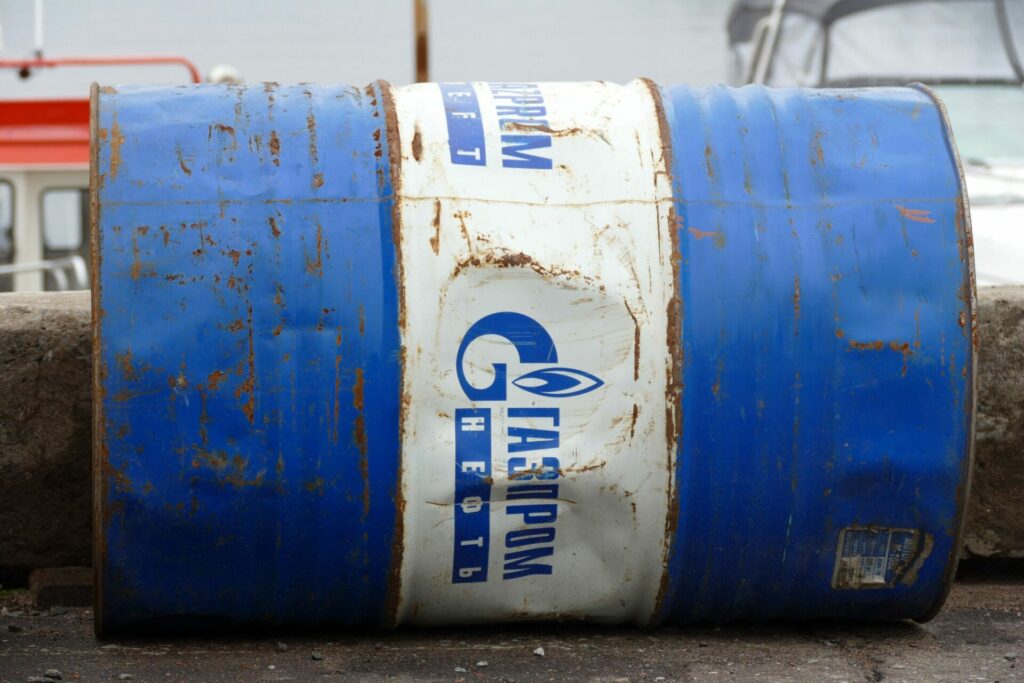A senior economic advisor to Ukrainian president Volodymr Zelenskyy has written to major European and US banks, such as JPMorgan and HSBC, insisting that they cease doing business with companies that trade Russian oil or maintain stakes in Russian energy monopolies Gazprom and Rosneft, the Financial Times reports.
The top Zelenskyy aide accused the lenders of “war crimes” and called for a complete halt to credit allowances to companies involved in the transportation of Russian oil. The banks were told that if they refused to end the credit arrangements, they would be blocked from participating in the postwar reconstruction of Ukraine.
The economic advisor, Oleg Ustenko, told the Financial Times that the Ukrainian Ministry for Justice is intending to sue certain banks at the International Criminal Court (ICC) at the end of the war. Ustenko also claimed that Ukraine’s security services had begun to collect information on particular banks and financial institutions that were involved in financing Russian fossil fuels.
“In my view, they are committing war crimes because they are helping the Putin regime,” the economic advisor said.
Undermining sanctions
Russian energy exports contribute significantly to the budget of Russia’s armed forces in tax revenue. In 2019, the oil and gas sector accounted for roughly 40% of Russia’s federal budget revenues, and up to 60% of its exports and GDP.
Although the ICC cannot prosecute governments or corporations, it may attempt to investigate leading individuals from these organisations.
Related News
- Zelensky fires key officials over 'collaboration' with Russia
- Collapse of German energy giant Uniper could bring down European energy sector
Some major European banks still hold significant stakes in Russia’s energy industry. HSBC and Crédit Agricole both hold shares in Gazprom and Rosneft, Russia’s two largest energy companies. Citigroup provides credit to oil and gas giants Lukoil and Vitol. The presence of Lukoil petrol stations in Belgium has been the subject of repeated protests by Ukrainian activists.
The Ukrainian government is particularly displeased with JPMorgan, following the publication of a note from one of their analysts protesting measures to impose price apps on Russian oil. JPMorgan offers credit to Vitol and holds stakes in Gazprom and Rosneft, as well as major bank Sberbank.
JPMorgan has defended its role in helping to shape Western sanctions against Russia, stating that global financial institutions had “quickly and diligently implemented multilateral sanctions on Russia’s major banks, central bank, companies, and individuals.”

